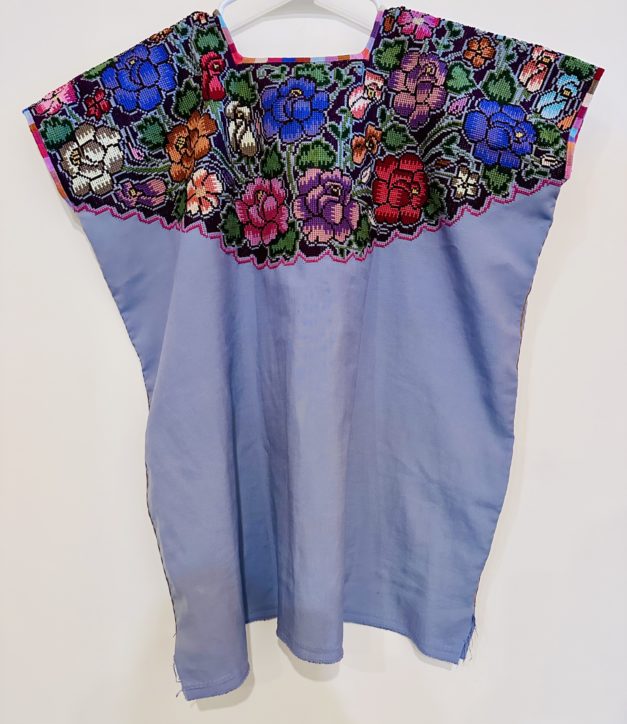I bring a few pocket/purse size containers of hand gel and use them liberally! If you travel during the rainy season, bring bug spray. There are no health worries in the well-traveled tourist areas of Oaxaca. However, there is some malaria risk if you are traveling to remote mountain villages. Here is what the Centers for Disease Control and Prevention says:
Prevent Insect Bites
Many diseases, like malaria and dengue, are spread through insect bites. One of the best protections is to prevent insect bites by:
- Using insect repellent (bug spray) with 30%-50% DEET. Picaridin, available in 7% and 15% concentrations, needs more frequent application. There is less information available on how effective picaridin is at protecting against all of the types of mosquitoes that transmit malaria.
- Wearing long-sleeved shirts, long pants, and a hat outdoors.
- Remaining indoors in a screened or air-conditioned area during the peak biting period for malaria (dusk and dawn).
- Sleeping in beds covered by nets treated with permethrin, if not sleeping in an air-conditioned or well-screened room.
- Spraying rooms with products effective against flying insects, such as those containing pyrethroid.
For detailed information about insect repellent use, see Insect and Arthropod Protection.
Prevent Animal Bites and Scratches
Direct contact with animals can spread diseases like rabies or cause serious injury or illness. It is important to prevent animal bites and scratches.
- Be sure you are up to date with tetanus vaccination.
- Do not touch or feed any animals, including dogs and cats. Even animals that look like healthy pets can have rabies or other diseases.
- Help children stay safe by supervising them carefully around all animals.
- If you are bitten or scratched, wash the wound well with soap and water and go to a doctor right away.
- After your trip, be sure to tell your doctor or state health department if you were bitten or scratched during travel.
For more information about rabies and travel, see the Rabies chapter of the Yellow Book or CDC’s Rabies homepage. For more information about how to protect yourself from other risks related to animals, see Animal-Associated Hazards
Be Careful about Food and Water
Diseases from food and water are the leading cause of illness in travelers. Follow these tips for safe eating and drinking:
- Wash your hands often with soap and water, especially before eating. If soap and water are not available, use an alcohol-based hand gel (with at least 60% alcohol).
- Drink only bottled or boiled water, or carbonated (bubbly) drinks in cans or bottles. Avoid tap water, fountain drinks, and ice cubes. If this is not possible, learn how to make water safer to drink.
- Do not eat food purchased from street vendors.
- Make sure food is fully cooked.
- Avoid dairy products, unless you know they have been pasteurized.
Diseases from food and water often cause vomiting and diarrhea. Make sure to bring diarrhea medicine with you so that you can treat mild cases yourself.
Avoid Injuries
Car crashes are a leading cause of injury among travelers. Protect yourself from these injuries by:
- Not drinking and driving.
- Wearing your seat belt and using car seats or booster seats in the backseat for children.
- Following local traffic laws.
- Wearing helmets when you ride bikes, motorcycles, and motor bikes.
- Not getting on an overloaded bus or mini-bus.
- Hiring a local driver, when possible.
- Avoiding night driving.
Other Health Tips
- To avoid infections such as HIV and viral hepatitis do not share needles for tattoos, body piercing, or injections.
- To reduce the risk of HIV and other sexually transmitted diseases always use latex condoms.
- To prevent fungal and parasitic infections, keep feet clean and dry, and do not go barefoot, especially on beaches where animals may have defecated.







One response to “Travel to Mexico: CDC Health Tips”